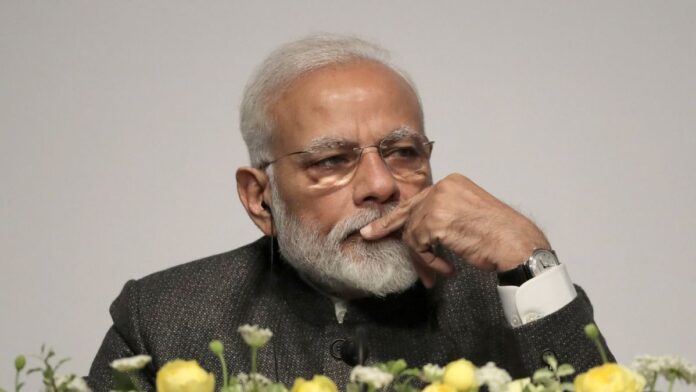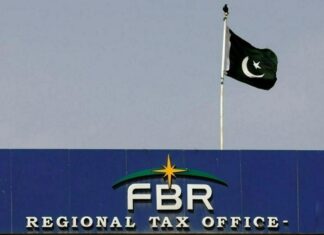MUMBAI: India’s economic growth slowed for the fifth straight quarter in the April-to-June period to 5.0 per cent, government figures showed on Friday in a fresh blow to Prime Minister Narendra Modi.
The expansion in Asia’s third-largest economy was also the slowest in Mumbai five years, on the back of weak consumer demand and a liquidity crunch.
It compared with growth of 5.8 per cent in the last quarter and came in below predictions of 5.7 per cent by analysts.
India had already lost its status as the world’s fastest-growing major economy to China, with unemployment at its highest since the 1970s.
“The growth figures are lower than our projections and reflect major economic slowdown,” Sameer Narang, chief economist at the Bank of Baroda said.
Narang said though he was hopeful that reform measures announced this month by Modi’s newly re-elected government would give the economy a boost in the coming quarters.
India eases foreign investment rules to aid economic growth
On Wednesday, India’s cabinet eased restrictions on foreign investment in four key sectors, including coal mining.
The cash-strapped government also received a $24-billion windfall from India’s central bank.
Finance Minister Nirmala Sitharaman recently revealed several measures to help the economy, including bringing forward a $10-billion liquidity lifeline for credit-shy banks and rolling back an extra levy on equity sales that had spooked foreign investors.
Ahead of Friday’s growth figures announcement, Sitharaman announced the merging of 10 public sector banks into four in an effort to spur lending.
India’s right-wing government won a landslide election victory earlier in May but has been on the defensive over its handling of the economy.
While the economy has regularly grown at about 7.0 per cent since Modi came to power in 2014, it has failed to create enough jobs for the 1.2 million Indians who come into the labour market each month.
Ratings agency Moody’s revised India’s GDP growth forecast to 6.2 per cent from a previous estimation of 6.8 per cent for the financial year 2019-20.
























